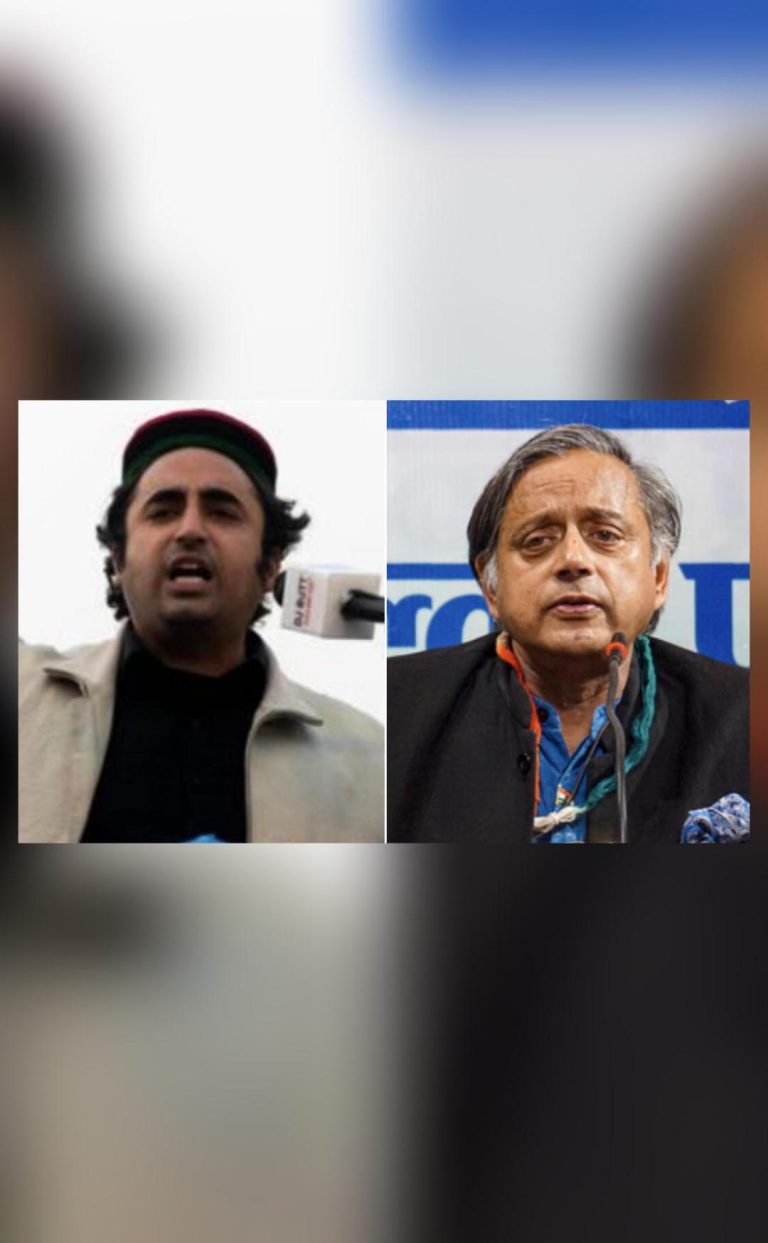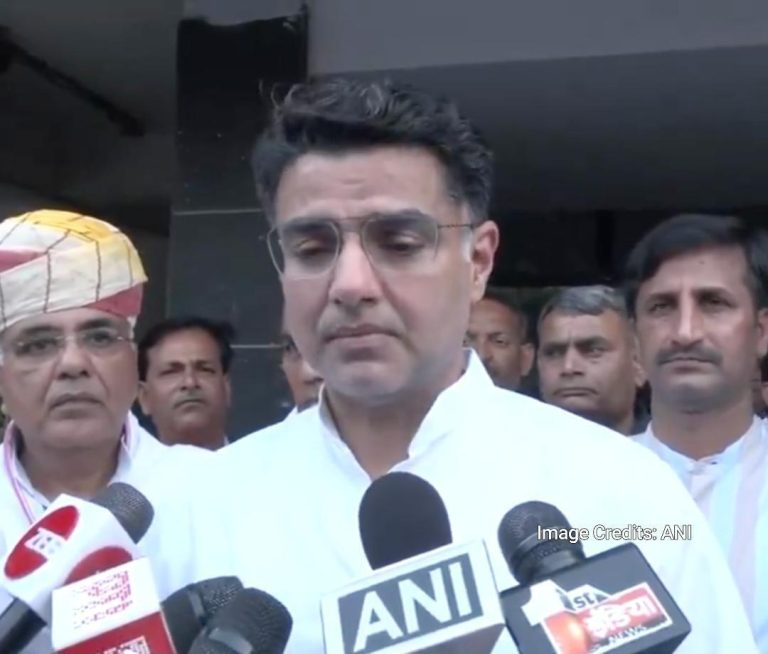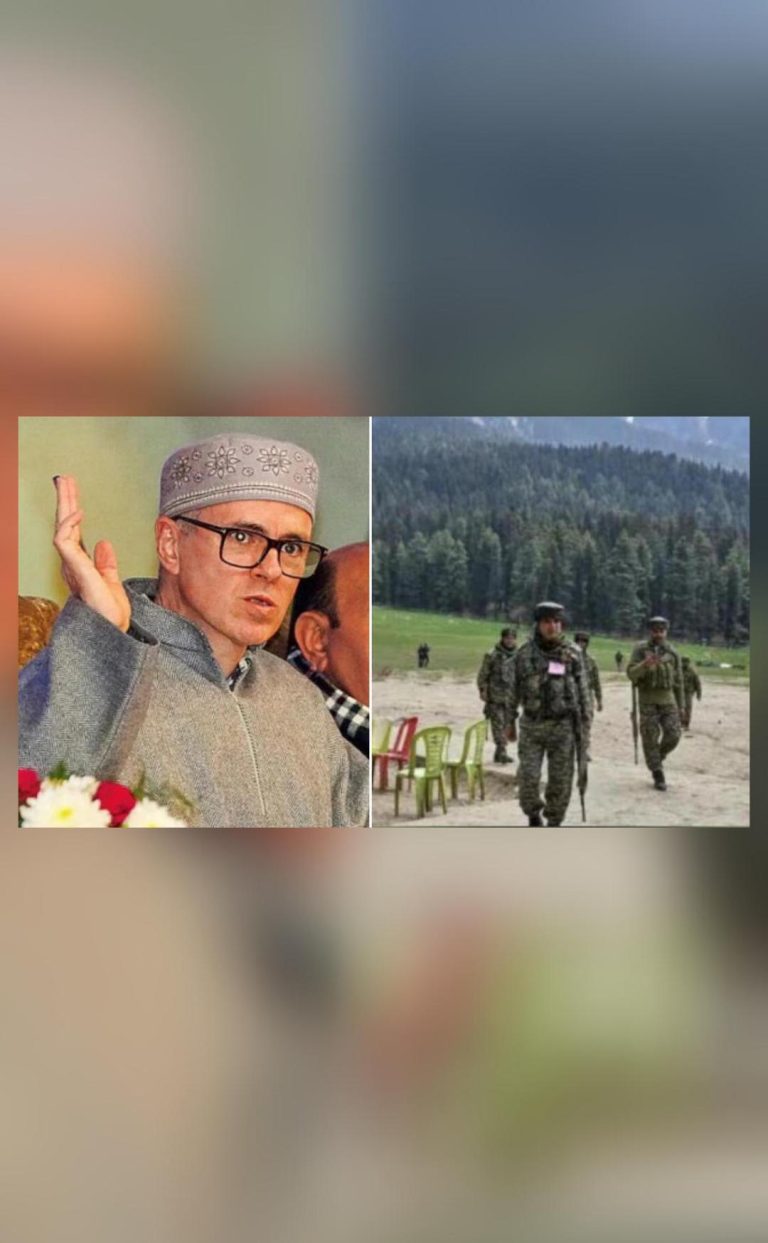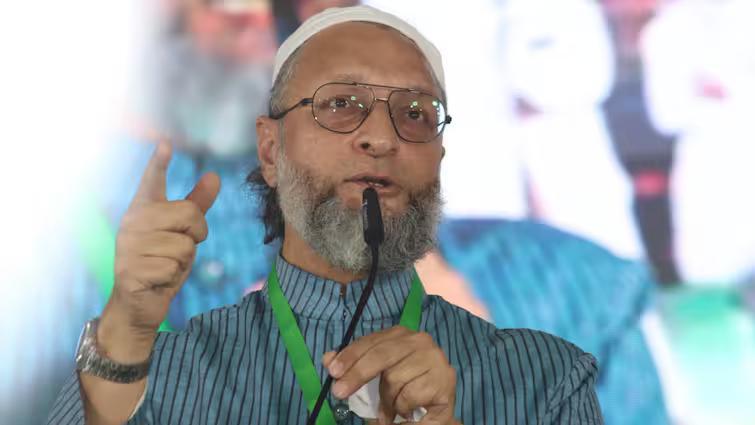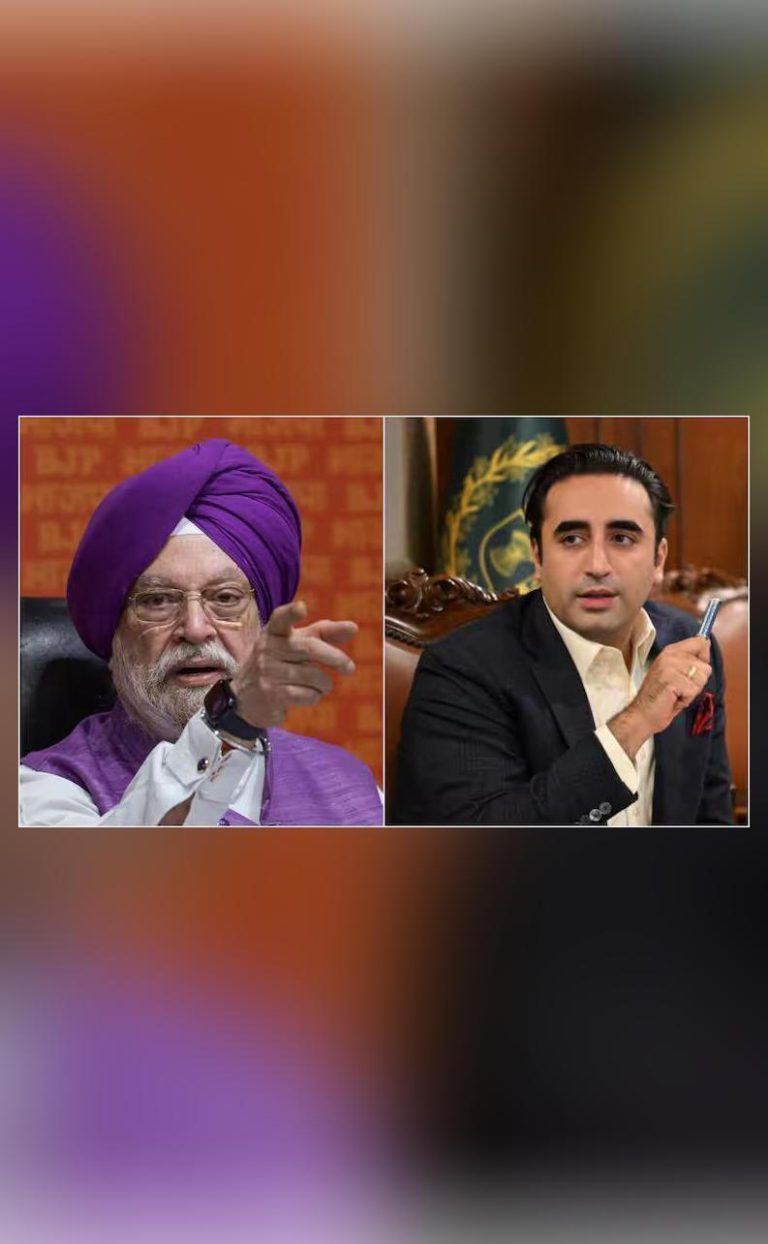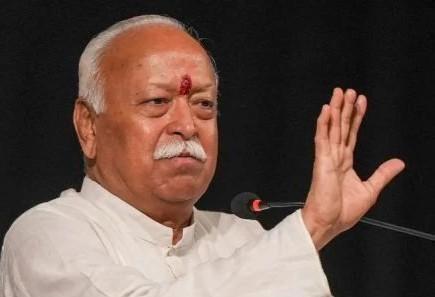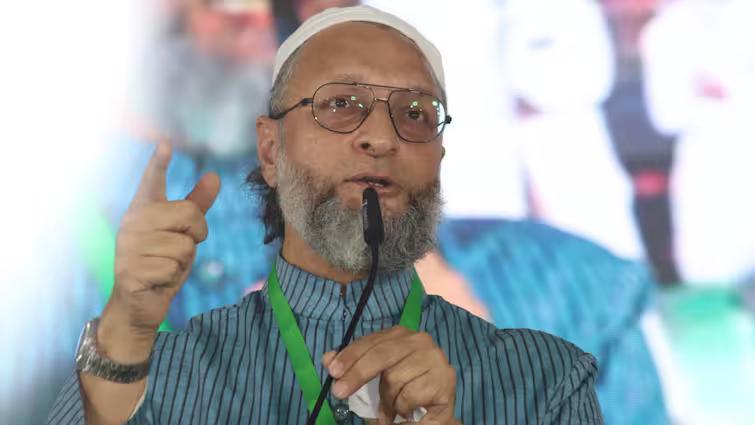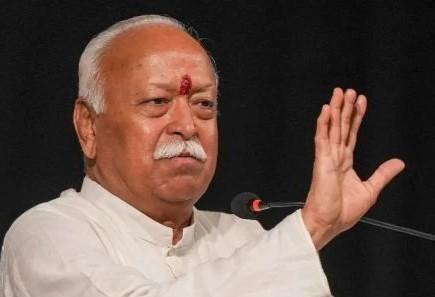
Title: If someone turns to evil then we’ll teach lesson: Bhagwat on J&K attack
The recent terror attack in Pahalgam, Jammu and Kashmir, has sent shockwaves across the country. In the wake of this gruesome incident, RSS chief Mohan Bhagwat has made a statement that has sparked a lot of debate and discussion. In a video message, Bhagwat said that non-violence is India’s religion, but it is also necessary to teach a lesson to “oppressors and hooligans”. This statement has raised many questions and concerns about the approach to tackling terrorism and extremism in the country.
Bhagwat’s statement is a reflection of the complex and multifaceted nature of the issue of terrorism and extremism in India. On one hand, the RSS chief is right that non-violence is an essential part of Indian culture and tradition. Gandhiji’s philosophy of non-violence and non-cooperation with the British colonial government is a testament to the power of non-violent resistance. However, in the face of terrorism and extremism, it is also important to acknowledge that violence and aggression can be a necessary response to protect the people and the nation.
The question is, what does Bhagwat mean by “teaching a lesson” to oppressors and hooligans? Does he mean that India should adopt a policy of revenge and retaliation against those who are responsible for terrorist attacks? Or does he mean that India should take a more nuanced approach, one that balances the need to protect its citizens with the need to address the underlying causes of terrorism and extremism?
It is clear that Bhagwat is not advocating for a policy of revenge and retaliation. He is saying that the king’s duty is to protect the people, and he will do his duty. This statement suggests that Bhagwat is advocating for a more nuanced approach, one that balances the need to protect the people with the need to address the underlying causes of terrorism and extremism.
In recent years, India has faced a number of terrorist attacks, including the Pulwama attack in 2019 that killed over 40 CRPF personnel. The Indian government has responded to these attacks with a mix of military action and diplomatic efforts to isolate Pakistan, which is seen as a key sponsor of terrorism in the region.
However, many experts argue that India’s approach to tackling terrorism and extremism is not working. They say that the government’s policy of military action and retaliation is not addressing the root causes of terrorism and extremism, and is instead creating more problems and challenges.
For example, the use of military force to respond to terrorist attacks can often lead to civilian casualties and human rights abuses. This can create more anger and resentment among the local population, and can drive more people to join terrorist groups.
Moreover, the Indian government’s policy of isolating Pakistan is not working. Despite the efforts to isolate Pakistan, the country continues to support terrorist groups in the region, and the threat of terrorism remains a significant challenge for India.
Therefore, it is clear that India needs to adopt a more nuanced approach to tackling terrorism and extremism. This approach should involve a combination of military action, diplomatic efforts, and efforts to address the underlying causes of terrorism and extremism.
In his statement, Bhagwat also talked about the need to teach a lesson to oppressors and hooligans. This suggests that he believes that India needs to take a more robust approach to tackling terrorism and extremism. However, it is not clear what he means by “teaching a lesson”. Does he mean that India should adopt a policy of revenge and retaliation? Or does he mean that India should take a more nuanced approach, one that balances the need to protect its citizens with the need to address the underlying causes of terrorism and extremism?
It is clear that Bhagwat is not advocating for a policy of revenge and retaliation. He is saying that the king’s duty is to protect the people, and he will do his duty. This statement suggests that Bhagwat is advocating for a more nuanced approach, one that balances the need to protect the people with the need to address the underlying causes of terrorism and extremism.
In conclusion, Bhagwat’s statement is a reflection of the complex and multifaceted nature of the issue of terrorism and extremism in India. While he is right that non-violence is an essential part of Indian culture and tradition, it is also important to acknowledge that violence and aggression can be a necessary response to protect the people and the nation. India needs to adopt a more nuanced approach to tackling terrorism and extremism, one that balances the need to protect its citizens with the need to address the underlying causes of terrorism and extremism.
Source: https://youtu.be/SpAKVWl5wII
